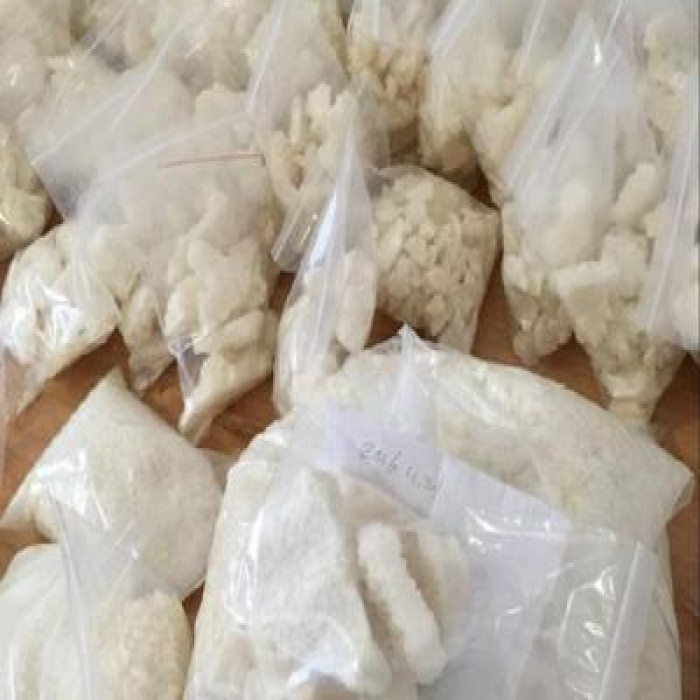
4 Cprc Crystal
"4-Chloro-N-phenylpiperidine-4-carboxamide," also known as 4-CPPC, is a synthetic drug that belongs to the piperidine class of compounds. It is commonly referred to as "4-CPRC" or simply "4-CP."
Chemical Structure:
4-CPPC is a white crystalline powder with a molecular weight of 225.73 g/mol and the following chemical formula: C13H17ClN2O.
Pharmacology:
The exact mechanism of action of 4-CPPC is not fully understood, but it is believed to act as a selective serotonin reuptake inhibitor (SSRI) and a norepinephrine-dopamine reuptake inhibitor (NDRI). It is also thought to have a similar effect on the central nervous system as other piperidine-based drugs like methylphenidate and cocaine.
Uses as a Research Chemical:
4-CPPC is a research chemical that is used in scientific studies to investigate its effects on the central nervous system. It has been shown to have psychoactive effects in animals and is considered a potential candidate for the development of new medications for the treatment of depression, anxiety, and other psychiatric disorders.
However, it is important to note that 4-CPPC is not approved for human consumption and has not been tested for safety or efficacy. As a result, its use as a research chemical should only be performed in a controlled laboratory setting by trained professionals.
Effects:
The effects of 4-CPPC can vary depending on the dose, but in general, it is reported to produce feelings of euphoria, increased energy, and improved mood. Some users also report increased focus, motivation, and sociability. At higher doses, the drug can cause anxiety, agitation, and paranoia.
Risks and Dangers:
4-CPPC is a new and poorly understood drug, and as a result, its risks and dangers are not fully known. However, it is believed to be potentially hazardous to human health, as it may cause serious side effects like hallucinations, seizures, and psychotic episodes. Additionally, as with all new and untested drugs, there is a risk of long-term harm or addiction.


